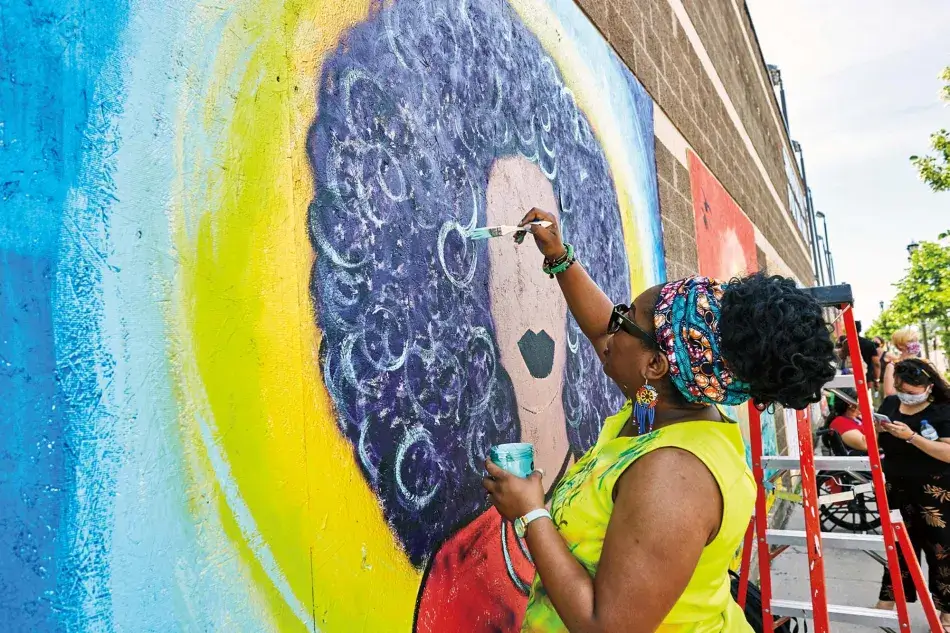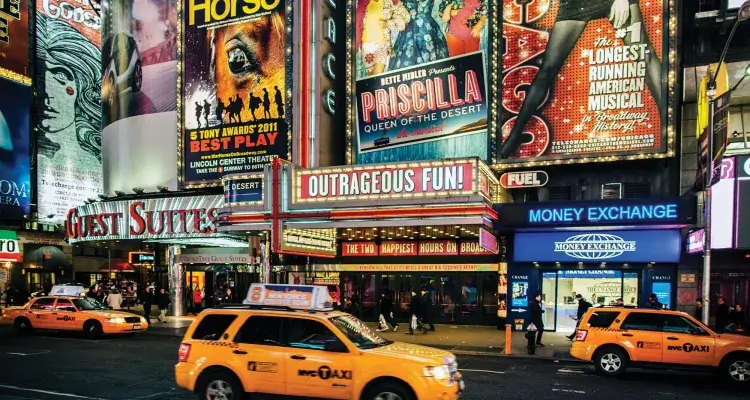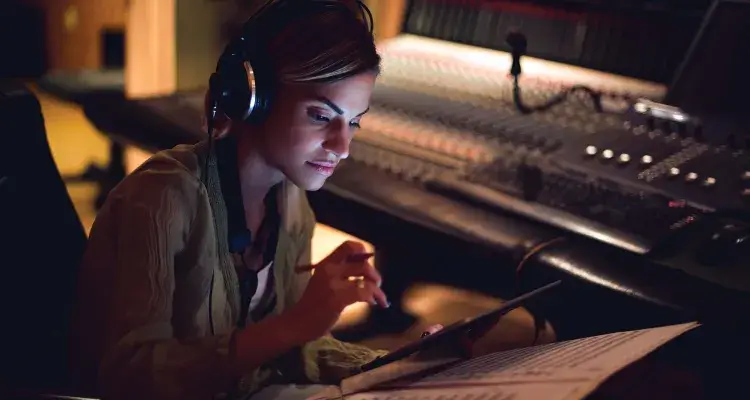A Letter from the President of the American Academy
“During the pandemic, many arts organizations had to shut their doors, and many artists lost work or were furloughed from their jobs. The pandemic revealed existing cracks in the arts sector, including ongoing issues of equity and lack of consistent support for artists and creative workers. This report calls on governments at the national, state, and local level, as well as leaders in philanthropy and the arts itself, to recognize the essential nature of artists’ work in creating a vibrant and innovative democracy.”
—David W. Oxtoby
The arts are working to emerge from a crisis as this report goes to press. During the pandemic, many arts organizations had to shut their doors, and many artists lost work or were furloughed from their jobs. As the report shows, the pandemic also revealed existing cracks in the arts sector, including ongoing issues of equity and lack of consistent support for artists and creative workers. The report calls on governments at the national, state, and local level, as well as leaders in philanthropy and the arts itself, to recognize the essential nature of artists’ work in creating a vibrant and innovative democracy.
The Commission on the Arts was established in the fall of 2018 to address the role of arts and artists in American society. The Commission is led by three cochairs—John Lithgow, Deborah Rutter, and Natasha Trethewey—who stewarded this project through every stage. This report came out of the work of two Commission working groups: the Community and Economic Development working group (chaired by Laura Zabel and comprising Mary Bordeaux, Jeffrey Brown, Paul DiMaggio, Theaster Gates Jr., Nora Halpern, Maria Hummer-Tuttle, Mike O’Bryan, Annise Parker, Victoria Rogers, Yancey Strickler, and Steven Tepper); and the Arts in Civic Engagement working group (chaired by Felix Padrón and comprising Elizabeth Alexander, Pam Breaux, James Cuno, Oskar Eustis, Tania León, Robert Lynch, Jacqueline Stewart, and Zannie Voss).
Virtual listening sessions and other conversations with artists, administrators, organizational leaders, scholars and researchers, and government officials were essential to the report’s development. We also benefited greatly from a field scan conducted for the Commission by Jennifer Novak-Leonard, Megan Robinson, and Gwendolyn Rugg. The voices of artists and those who work to support them in bringing artistic vision and perspective to the world were essential to the spirit and substance of this report.
We also owe our thanks to the funders who have made the work of the Commission possible: the Barr Foundation, the Ford Foundation, the Getty Foundation, the John S. and James L. Knight Foundation, the Kresge Foundation, and Roger and Victoria Sant. Thanks also go to the members of the Academy staff who worked with this Commission and helped guide this report to publication: Allentza Michel, Mary Lyons, Tania Munz, Jessica Taylor, Robert Townsend, Paul Erickson, Gabriela Farrell, Phyllis Bendell, Peter Walton, Heather Struntz, and Scott Raymond.
Sincerely,
David W. Oxtoby
President, American Academy of Arts and Sciences


